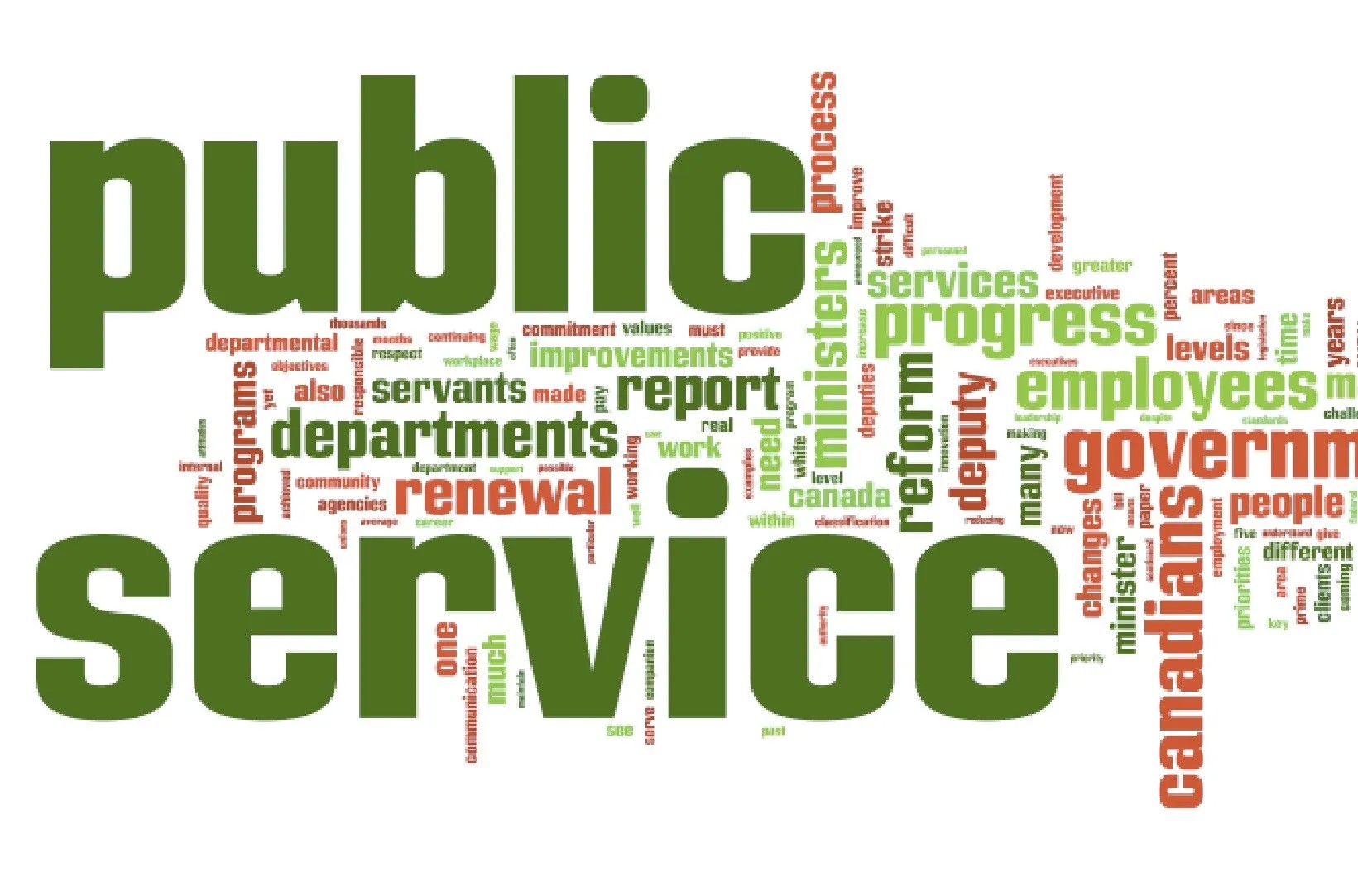Air travel in Nigeria has become synonymous with delays, cancellations, and passenger mistreatment. The recent incidents involving musician Wasiu Ayinde and Comfort Emmason have sparked a national conversation, but the underlying issues run far deeper. Frustrated passengers, overbooked flights, and a lack of accountability have become all too common. It’s time to examine the systemic problems and demand change.
The skies above Nigeria have witnessed a turbulent trend in recent times, with air travel woes taking center stage. From flight cancellations and delays to passenger mistreatment, the aviation industry has been plagued by a myriad of issues. These incidents highlight deep-seated problems that have been overlooked by both passengers and airlines for decades. It’s unfortunate that they continue to unfold, one after another, like scenes from a play.
The harsh reality is that these issues stem from long-standing problems that have been neglected for far too long. I recall that former President Olusegun Obasanjo attempted to resolve these deeply rooted issues towards the end of his administration. Unfortunately, he couldn’t achieve much before he left office, and the charade continued.
Despite years of passenger complaints about maltreatment by airlines, these issues are only now gaining attention. Passengers have been crying out for reform, and it’s high time we took notice. Some passengers who arrive at the airport early, only to be told that their flight has been canceled without apology or compensation, are left stranded without assistance.
No accommodation or transportation is provided, leaving them to fend for themselves for no fault of their own. The saddest part is that airlines are often unwilling to refund, and when they are, the refund process can be slow and cumbersome, with airlines delaying until they are satisfied before returning the money.
This treatment starkly contrasts with global practices, where passengers are often compensated for delays or adjustments to their flights. The airlines prioritise customer care and provide prompt compensation for inconvenience. For instance, I recall my experience with KLM 20 years ago where a short delay because of overbooking in Washington DC resulted in compensation by relocating me from economy to business class, providing accommodation, and offering an 85 per cent discount on a ticket for my next trip on my chosen route.
My personal experience with a local airline, Overland Airlines, further highlights the industry’s shortcomings. On July 19th, my mother, nearly 94 years old, received a message from her airline informing her that her July 21st flight from Abuja to Akure had been cancelled. With minimal notice of just two days, we scrambled to find alternative flights, only to discover that one of the other airlines operating on that route was fully booked for the week.
The other airline refused to accommodate my mother, citing her age as a reason. It’s now been almost a month since the cancellation, and despite multiple attempts to secure a refund of N230,000 from the airline, we haven’t received the money, an apology, talkless of compensation.
Due to the airline’s actions, my mother had no option but to embark on a six hours journey by road from Abuja to Ondo State, which she hasn’t passed through for over a decade. You can imagine the stress my 93-year-old mother was subjected to, being forced to travel by road after the airline’s careless cancellation, and the emotional toll it took on her, knowing that she had to endure such an ordeal at her advanced age, without any consideration or apology from the airline. Hundreds of passengers go through horrific experiences on a daily basis.
This experience underscores the need for greater oversight in the airline industry, particularly in situations where passengers purchase tickets in good faith and flights are cancelled without adequate notice. The disparity between local and international airline practices emphasises the need for Nigerian airlines to adopt more passenger-centric policies, prioritise customer care, and adhere to global standards. They can improve the overall travel experience and build trust with their customers.
However, the question remains: what can be done to address these issues and ensure a smoother, more passenger-friendly experience at our airports and with the airlines? Change is long overdue.
In conclusion, recent airport incidents in Nigeria have highlighted the need for urgent reform in the aviation industry. Will the aviation industry take heed and prioritise passenger welfare? Will the authorities ensure that airlines operate with accountability and respect for passengers’ rights? Will the authorities step in to regulate, oversee, and ensure that airlines operate with transparency and accountability? Passengers deserve respect and better treatment, and it’s time for the industry to prioritise customer care and transparency. Only through collective action can we bring about the necessary changes to improve the air travel experience in Nigeria.
It’s time for a new era of passenger-centricity, where the needs and rights of travellers are respected and protected. The future of air travel in Nigeria hangs in the balance. It’s time for collective action to bring about the necessary reforms to improve the air travel experience. The industry must take responsibility, and the authorities must step in to ensure that airlines operate with transparency and accountability. The future of air travel in Nigeria hangs on it.
Adeola is a doctoral student and journalist based in Abuja.






